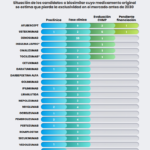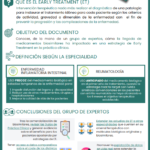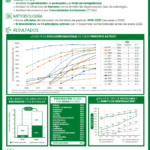Immunogenicity is the immunogenic quality, that is, the propensity of a drug to induce an immune response against itself; a kind of "rejection" of the drug. Except in the case of vaccines, it is an undesirable phenomenon, attributed mainly to biological medicines. The immune response against a drug may or may not have clinical consequences that may alter its efficacy and/or safety.
La European Medicines Agency (EMA) For this reason, it requests the laboratories that develop biological products, be they original or biosimilar, to carry out extensive immunogenicity studies during its manufacturing process.
In addition, the marketing laboratory must incorporate, among the security measures contemplated in the Risk Management Plan, an explicit proposal of actions aimed at monitoring and evaluating the possible immunogenicity and its consequences, once the product has been marketed.
An orientation regarding how it should be studied or be assessed for immunogenicity It is offered by an EMA guideline. It specifically addresses suitable studies to determine the immunogenic capacity of therapeutic proteins derived from biotechnology, which includes biosimilar drugs. Product-specific requirements with regard to immunogenicity assessment are detailed in the respective product-specific guidelines for biosimilar medicines. There is also a guideline that addresses the immunogenicity associated with monoclonal antibodies.




